I got a bit about how I don’t understand the names that the baseball players have these days because they are ethnic in origin and the names are confusing to me because they sound like other words which I do know.
Stop me if you heard this before. Before I kill again.
I am in a relationship with two other comedians but it is rough going because it is a domestic violence situation and sometimes the three of us can really go at it rough. And when we do that people laugh instead of stopping the violence.
People say our spats are funny but I think it is the cummerbunds more so than the spats. That is what the last fight was about and it was a humdinger. But I do not mean to toot my own horn. Here.
Was explaining this to a talent agent right around the time a family came in. Dressed all nice. Fancy. But he sent them away because he didn’t represent dog acts. For ethical reasons. Wouldn’t want the ASPCA on his ass. They had a small Chihuahua and I can tell you show people don’t look too kindly on animal acts. For professional reasons. Could go either way. Also I believe the dog had been squirreled away from Mexico in a caravan and the goings-on on that trip defy description. There was a comedian who tried that once and they arrested him.
I don’t want to say more because I don’t want to shoot myself in the foot because I’m a hoofer. I dance around the subject but I strictly follow the union rules. As it pertains to live theater. Accepting the jugglers have to go balls out because it’s part of the act. I know people come to see the dancing girls. The comedian is only there to lend socially redeeming value. It’s all we have to offer.
history
Fascists sing out of tune
A song of the fascist insurgents
Who flow in like a stream
They ransacked the capital
Living that wild dream
Happy they are
Happy they be
What’s in the future?
Who can foresee?
In defense of lawn order
With jockey statuary to match
They got all tore up
In that dang briar patch!
Just like that bluebird of happiness
A purchase in the tree
Who sings that catchy song
Called “Woe is me! Woe is me!“
They sing like canaries
Trapped in a coal mine, it’s a living
And the stool pigeons back it
Because those bird brains there
Haven’t figured out it’s all a racket.
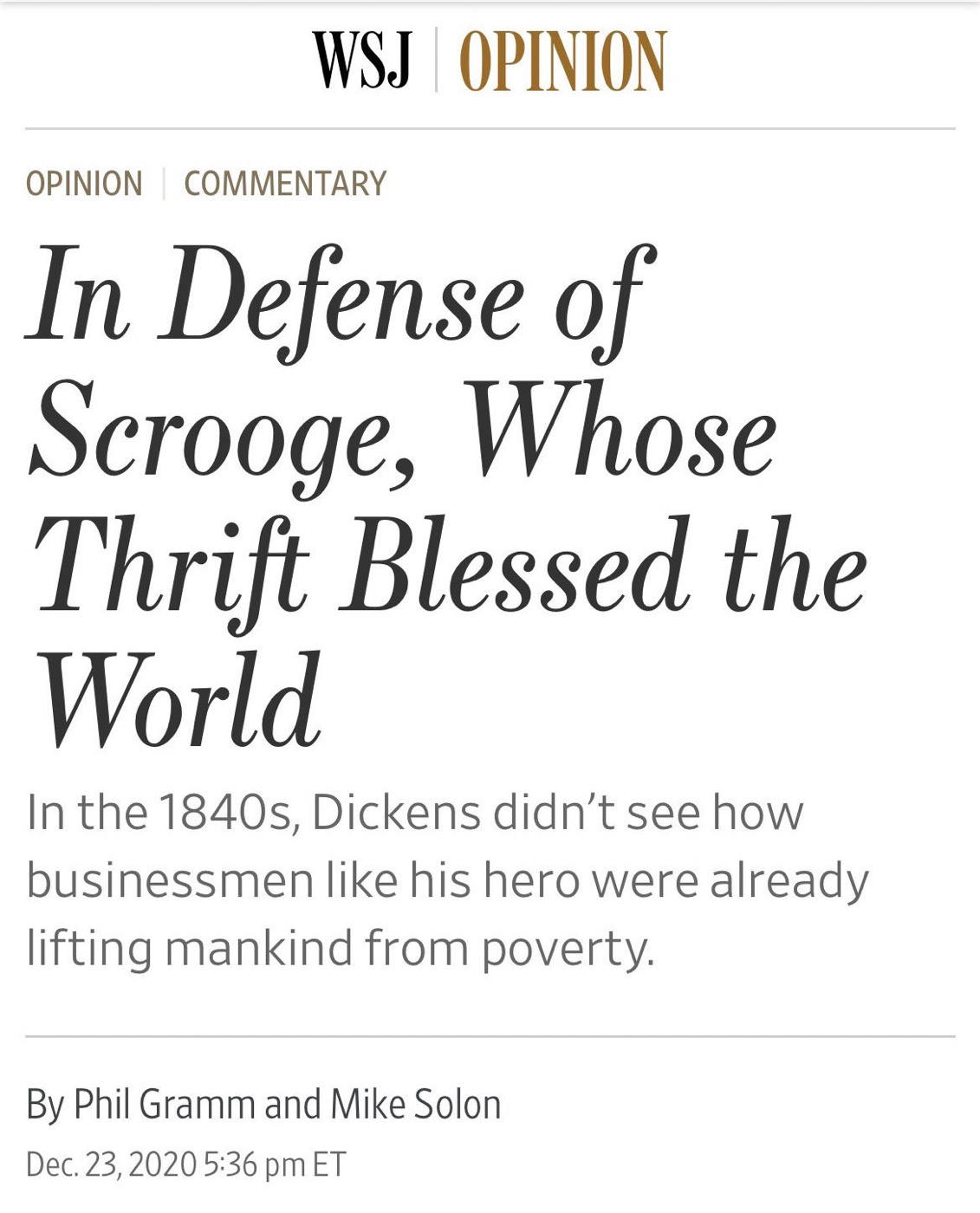
A feast of the unknown
Please enjoy this festive jingle, a little song set to the music of that other song about the feast of Stephen’s. And have a lovely new year.
— DavidRaffin.com —
John Wayne Gacy Was a clown
Who had a love of Chil-dren
What he charged For sir-vices
Was well within his Rea-son.
Considering his efforts great
He put forth every Sea-son
Morning, noon, and eS-pec’lly night
But Sundays off for grie-ving.
Hmm.
To keep your act Fresh These holi-days
Use citrus fresh de-greaser
In powder, li-quid or handy wipe
For any Gosh Darn rea-son.
Hmm.

What is. That is. What is.
Soren Kierkegaard was a great Dane. Once one knows this, philosophy can never be quite the same. It is true platonic philosophy never runs against the grain. However, wherever Heidegger lifted his leg he always left a nasty stain.
Friedrich Nietzsche cocked his head, as many mammals do, smiled and said, “That’s quite a refrain, I have written many good books too.” Jean Paul Sartre wandered out to ponder upon the city zoo. He was also interested, very, in what was what and whether or not it any of it was true.
“Who’s to say?” cried Ludwig Wittgenstein, “And-further who can know? The experience which each one gets when each does stub thine own toe?”
My experience with old Lao-Tze has more meaning than you could ever know. I sometimes cite his poetry whilst pissing in the snow.
Haarlem Knights
The newspapers reach toward the ceiling. Forming trees of yesterdays news today. They sway to-and-fro as pine trees in the breeze, a genetic memory. The windows are papered over yellow. The sunlight filtered and made artificial, for it is day outside. Inside time stands still. We are a people of the dark. You know how it is. The trees rustle. We like to be alone. Together. There is the tickling of keys.
Piano keys.

A man is playing with the edge of expertise, sitting at a piano which forms the trunk of a mighty tree. His name is Langley Collyer.
“We were afraid,” says Langley…
“Not afraid. Aware!” says a crumpled lump to his right. His head at his knees. “Eyes opened!” His eyes were filmed over. Blue cloudy azure. He is blind.
“My brother, Homer,” says Langley. “A lawyer.”
“A lawyer of the Admiralty. The laws of the sea,” says Homer. “Are different than the laws of the jungle. On the open seas the captain is omnipotent. His omnipotence makes up for his lack of omniscience. But on the land, in the open, surrounded by the beasts, and man is a beast, you don’t know where you stand. My brother is an engineer, a chemist, and a concert pianist. And this is our safe place.”
“Father said we were overeducated,” says Langley. “Do you wonder what Fate places us here? I have studied mythology. My brother and I both served for years as teachers of Sunday school.”
“Oh, yes,” says Homer.
“But we don’t do it any longer.”
“Oh, no.”
“We prefer not to, now.”
“Oh, yes.”
“Too much bother.”
“Oh, dear, yes. Tell it, brother.”
“We prefer to stay here.”
“Yes.”
“Where we are safe.”
“Indeed!” says Homer. “Home.”
“Home,” says Langley, a tear running slowly down his face. “Where one can be oneself. To not be overpowered by otherness.”
“Because out there,” says Homer, “It is not safe. I never go out.”
“Oh, dear, no,” says Langley. “I go out. At night. I dress in rags. Otherwise I would surely be attacked. For who I am. For what I have. Peace of mind. Robbed. This neighborhood has changed complexion around us.”
“Darkness,” says Homer. “I’ve not left this place since 1933. And what is it now?”
“1947,” says Langley. “February.”
“Won’t you be our Valentine?” says Homer.
Really. You are speechless.
“You could at least thank us,” says Langley.
“For thinking of you,” says Homer. “Are you having a lovely holiday?”
“My brother is a master of rhetorical quests,” says Langley.
“A necessity when one so rarely has houseguests,” says Homer. “Over.”
“As we prefer not to,” says Langley. “I go out at night and I scavenge. Things. Valuables. Food from dumpsters. Anything. Everything. Did you know the great man Sigmund Freud said you judge a society by the separation of itself from the garbage dump? If you want to judge a people you must look at their trash.”
“It’s where it is,” says Homer. “I used to walk sixteen miles every week day to go to work at my law office. A nickel to ride the subway? A waste. Not that I don’t have a nickel. But why part with a nickel?”
“Perfectly good things in the dumpster,” says Langley. “If you are willing to cut around the rot.”
“As we are,” says Homer. “One day I came to the office and the head of the firm looked at my worn-out shoes. And he said, ‘My dear man! Presentation is important in our profession.’ He immediately offered me a raise. On the spot. What could I do? I refused. The nerve. To suggest I cannot pay my own way. That I am not self-sufficient by my own means. I walked out. Right out. Never to return. Not even to get my last paycheck. That man was obsessed with fancy dress.”
“Disgusting,” says Langley. “Thoreau warned us of this.”
“And then I went blind. Strokes, you see. Father was a doctor. We have all the books. And some abnormal specimens in formaldehyde,” says Homer.
“And see a doctor? We have the books. And the doctors can’t be trusted,” says Langley.
“Our father,” says Homer, “Was a doctor.”
“And he left us his books,” says Langley. “I will cure my brother with a diet of one-hundred oranges a week and black bread with peanut butter. I expect results any day now. I save newspapers which I scavenge. When he regains his sight he will want to catch up with the news. Fourteen years worth! Any day now. This long night will end. In the meantime, I play him the piano. I read to him from the classics.”
“The old stories,” says Homer. “Odysseus. Sisyphus. Narcissus and Echo. Invictus. I am bloody but unbowed. Br’er Rabbit. The ascension of Horus.”
“The unconquerable sun,” says Langley. “At night we listen to the crystal radio I built. Our link to the outside. The depression. The war. The peace, uneasy.”
“My brother is quite the engineer,” says Homer. “Built a radio. Build a vacuum to clean the insides of the piano. Turned an old Model-T Ford into a power generator.”
“Didn’t work,” says Langley.
“Still,” says Homer, “ingenious. I’d never seen the likes of it. They had shut off our power, of course.”
“Who needs it!” says Langley.
“The telephone.”
“Who are we going to call?” says Langley.
“The water.”
“Perfectly good water from public fountains,” says Langley. “Gratis.”
“My brother,” says Homer. “A man after my own heart.”
“They even tried to take this house,” says Langley, “for in addition to not paying the utilities, we stopped paying the mortgage. Busted in here. Tried to turn us out into the streets. I had to write a check to pay it off in full to get them out of here. So we could be left alone. To be.”
“In peace,” says Homer. “So we may rest.”
“Money is not our problem,” says Langley. “people are. They took the house next-door. The house I paid cash for because I saw someone try to look at us through a window. They also took the house we owned across the street. Back taxes, they say.”
“We have money,” says Homer. “And we know the value of a nickel. And why do we owe taxes? We have no income. Just money. And goods. We left the rest behind. Sailed away, free.”
“I have newspapers. Bicycles. Pianos. Goods. Goods are items of value traded for dollars. The dollars are just barter tokens meant for exchange of goods. And you can simply live, living simply on the things fools toss away,” says Langley.
“And what do you do with the parking tickets?” says Homer to his brother.
“I take them,” says Langley. “I take them from the windshields of any car I see them on. We have a room here filled with them.”
“I can’t imagine the bother my brother has saved all those people,” says Homer. “An altruist at heart.”
“Those fortunate people,” says Langley. “Why they don’t even know.”
“But this is all very tiring,” says Homer.
“Yes,” says Langley. “We prefer to be left alone. To be.”
“In the darkness,” says Homer.
“Go!” says Langley. “We have had enough of visitors. Though, rest assured, you have brightened our day.”
“Shoo!” says Homer.
––––––
In 1947, Langley was bringing Homer food when he accidentally set off a booby-trap crawling through a tunnel and was crushed. Homer would starve to death ten feet away, ten days later.
A bone to pick with the Donner party
A man came into the Mercantile searching for a map. He was looking to light out into the wilderness.
The Shopkeep, a woman short on words, stood on a ladder doing inventory. Last thing she needed was a customer to bring her down.
She looked at the man. “Get lost!” was what she said.
That man’s name was Alfred Packer. No one remembers the shopkeep. She never done nothing of note.

More than One Day
Podcast: Play in new window | Download (Duration: 26:40 — 36.6MB)
Subscribe: Apple Podcasts | Amazon Music | Android | iHeartRadio | Email | TuneIn | RSS | More
The More than True podcast returns with a vintage story about spies, Russians, shoes, USA electoral politics, and raisins.
It’s an audio rendition of the story More Than One Day in the Life of Igor Igoravitch, from the collection Hard Fought Illusions of Choice. Enjoy. It is strong. Like Stalin.

“Winner Winner!” by Kevin MacLeod (incompetech.com)
Licensed under Creative Commons: By Attribution 3.0
“Someone Else’s Memories” from the album The Politics of Desire by Revolution Void licensed under Creative Commons Attribution License 3.0.
I got You, Babe
Babe Ruth visited and was impressed. It was a big building. And he was really just a big kid. Still fresh from the orphanage. And the doctor was a famous man. Babe was a famous man as well, but he never considered himself like that. He was just the Babe, after all. And he needed someone, a father figure maybe, who he could talk with. Not like the guys in his league. Great guys. But he had some trouble making connections. And the bosses, well, they was bosses. And they were taking him to the cleaners, he suspected. Nah, he was sure. But he didn’t argue with figures of authority. Didn’t realize his power dynamic had shifted in his favor yet.
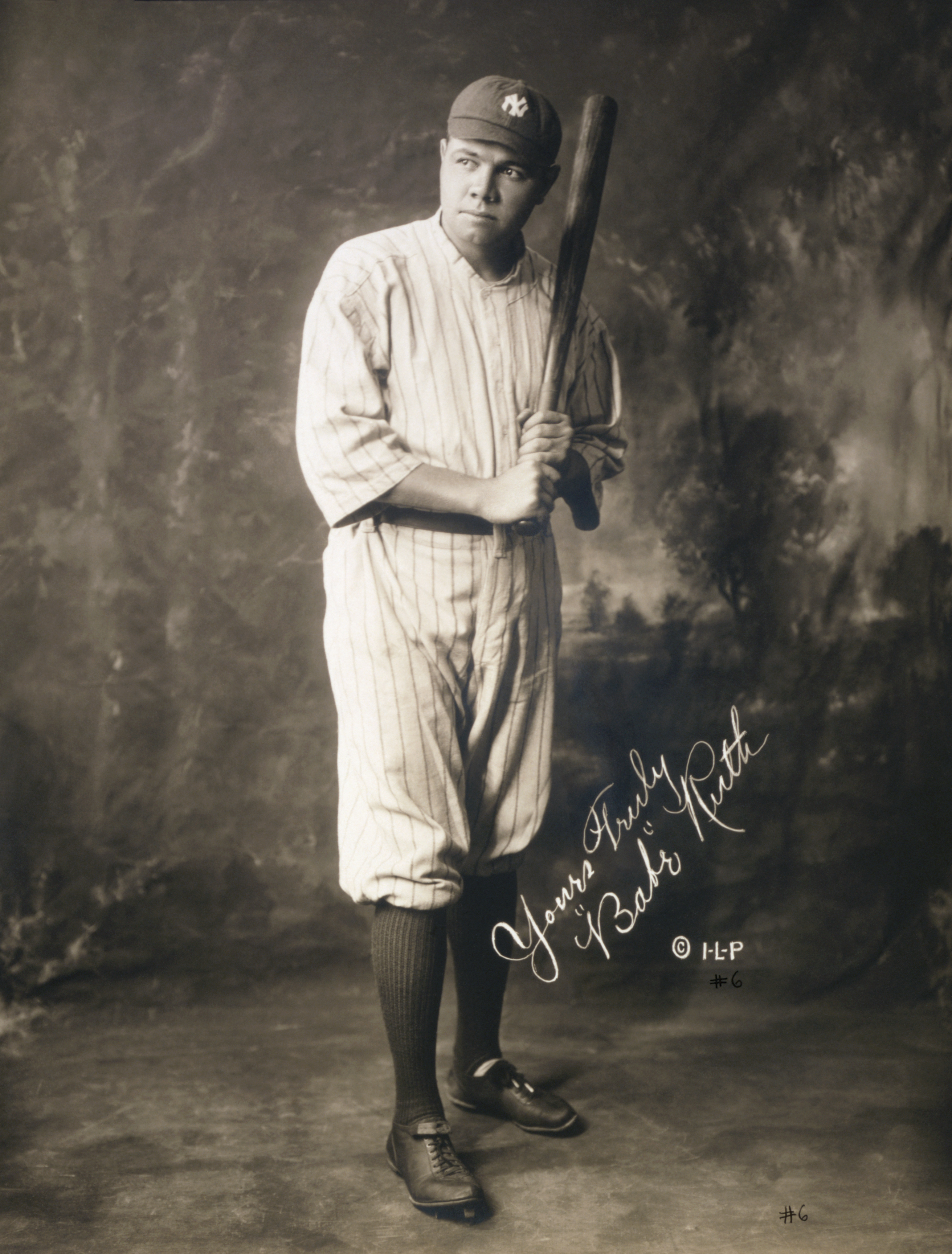
Babe rode the elevator to Carl’s Penthouse. First, he was mobbed before he got in the building. Kids, mostly. Out and about. Wanting autographs. Babe Ruth got such an autograph. Wasn’t even a matter of worth. They wanted a piece of the Babe. Part of his soul. For communion. And he was happy to oblige.
This sort of thing made him late. He stopped wearing a watch. But found people willing to wait, for him, so it was all-reat, brother.
And he entered the spinning doors, revolving inward, and into the grand lobby. And the kids pressed against the windows outside, to see the Babe cross a room and disappear. Like in a terrarium, where living inside was hospitable while artificial.
People look out to look in, pressed against the window, seen inside-out.
There were two elevators. Both waiting for him. Identically attired attendants inside each with one hand on the door, keeping it open, and one hand waiting on the control, to take him to his heart’s desire. The ringers ringing against rhythm. People on other floors pleading for escape. The lights above the doors blink off and on in reverse. The rings were in. They both waited for Babe, on the ground floor. Babe chose one at seeming random and stepped inside. As he did, an apologetic nod to the other, dejected. The disappointment on that operator’s face projected into the faces of the kids pressing against the outer windows. Communion. Disappointment. Universal.
Is it better to be appointed or disappointed? To be ordained or pre-ordained? Does order matter? Who decides? First come. Serve up.
The doors to the elevators closed. Better luck next time. The faces on the windows faded away.
“Where-to?” said that lucky elevator operator.
“Up-top,” said the Babe.
“Will do,” said the operator, “Will do.”
Wasn’t nothin’ said otherwise. A ride up, uninterrupted in silence. And he was off.
For the operator it was over. “Good day,” he said.
Babe mumbled something and walked off. The operator closed the door. Felt a little empty inside, after all.
True ’nuff. True ’nuff.






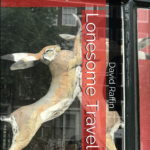
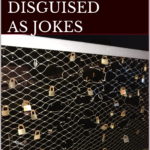





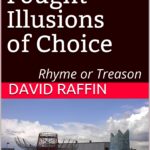

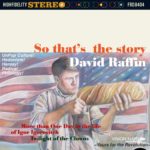

 RSS - Posts
RSS - Posts